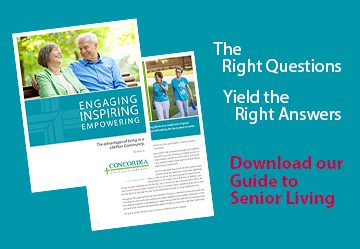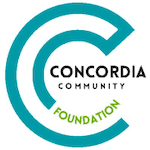Alzheimer’s Disease & Care Options in Oklahoma City
Alzheimer’s disease is currently the most commonly recognized and diagnosed form of dementia. In fact, because Alzheimer’s disease is so common, people often confuse other forms of dementia with Alzheimer’s disease, using the term “Alzheimer’s” in the broadest sense to actually mean any dementia, memory loss, or change in cognitive function that interferes with daily living. Today, 60 – 80% of dementia cases are actually diagnosed as Alzheimer’s disease, but what, specifically is it?
Alzheimer’s disease is a specific form of dementia that changes a person’s brain and eventually manifests outwardly as a change in a person’s thinking, memory, and behavior. Typically speaking, the disease develops slowly – with the symptoms worsening slowly over time – often creating problems that interfere (to varying degrees) with the individual’s personal responsibilities and daily tasks.
Symptoms of Alzheimer’s Disease
It is no secret that our brains age and change along with the rest of our body over the years, but frequent expression of the following symptoms should raise a red flag and result in a conversation with the family doctor:
- difficulty recalling recently learned facts or information (Note: This is the most commonly expressed early symptom.)
- difficulty solving common problems or challenges or trouble handling familiar chores or tasks
- difficulty making good or rational decisions
- difficulty remembering the day, date, time, or place
- difficulty remembering names or words
Brain or Physical Changes
Simply put, Alzheimer’s disease, if left to itself, will alter the entire brain. Why? Because Alzheimer’s disease causes nerve cell death that results in significant tissue loss in the brain over time. Additionally, the brain affected by Alzheimer’s disease will shrink significantly, and this change will affect all (or nearly all) of the brain’s functions.
Causes and/or Risk Factors
Scientists and researchers continue to make huge strides in their understanding of Alzheimer’s disease. Specifically, they are uncovering various risk factors that raise a person’s chances of being diagnosed with the disease. These causes and/or risk factors include (but are not limited to) the following:
Age
One-third of adults ages 85 and older have the disease
Heredity
Risks increase significantly if more than 1 family member has the disease
Head Injury
Repeated head injury increases the likelihood of presenting with Alzheimer’s disease
Heart Health
Scientific evidence continues to link heart health and brain health
Habits
Dietary choices, social interactions, alcohol consumption, tobacco usage, and exercise regimens all contribute to raising or lowering the likelihood of an Alzheimer’s diagnosis.
Diagnosis, Treatment, and Care of Alzheimer’s Disease
Alzheimer’s disease, as is the case with any form of dementia, is a difficult diagnosis and it is typically best for seniors with Alzheimer’s to move from independent living to a deeper level of care.
Though nobody wants to be diagnosed with Alzheimer’s disease (or watch a family member receive the diagnosis), it is paramount that a proper diagnosis be received as quickly as possible so that ensuing treatment and proper care can be promptly administered. Though the disease cannot be cured, it can certainly be slowed if treated efficiently and effectively. Your doctor can administer a thorough medical evaluation -including blood work, physical exam, and brain scans – to determine the presence of the disease.
Oklahoma City Alzheimer’s Care
Suppose your family member is suffering from this life-altering and frustrating disease. In that case, the most significant thing you can do is remain patient and discover what resources are available to help them live a high-quality life with the disease. This may include searching for a safe living community in the middle or advanced stages, like Concordia, a continuing care retirement community located in Oklahoma City.
Our memory care services are designed to support you both: the individual dealing with memory impairment and their support network. Here, you’ll find a comfortable environment that feels like home for residents and visitors alike.
If you would like to learn more about memory care communities for people with Alzheimer’s, download a free copy of our Memory Care Guidebook. If you have questions about our housing, amenities or programs, we’re happy to answer them. Please call or complete our online contact form.


